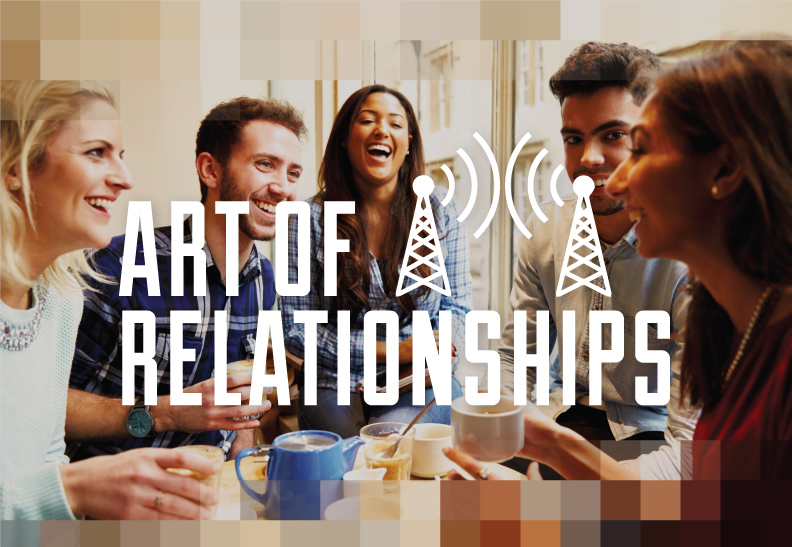Introduction // 5 minutes
What’s your favorite romantic movie?
Leader Note: Follow up this question by asking something like, “what were the qualities of the movie you connected with” or “what was the message of love in the movie?”
Observation // 15 minutes
Read 1 Corinthians 13
What are the qualities that make up love?
Leader Note: Have your group list the qualities/characteristics and ask them to define each in their own words. You may choose to either go through and make the whole list and then come back and define each one or define them as you identify them.
Sample Answers May Include…
- Love is patient – the Greek term means, “to absorb the blow” or “withstand the heat.”
- Love is kind
- Love is not jealous
- Love is not boastful
- Love is not proud
- Love is not rude
- Love does not demand its own way
- Love is not irritable
- Love is not keeping a record of being wronged
- Love does not rejoice about injustice
- Love does rejoice when truth wins out
- Love never gives up
- Love never loses faith
- Love is always hopeful
- Love endures through every circumstance
- Love will last forever
- Love is even greater than hope and faith
Understanding // 15 minutes
Commentary: Before asking this question remind your group of Kenton’s point on expectations vs. behavior and how there is most often a significant gap between the two, especially in relationships. While most will agree that love is the greatest component in a healthy relationship, conflict arises when one person’s expectation of love is not meet. In other words there is a gap created in expectations and behavior.
Where do people get their expectations of love?
Sample Answers May Include…
- From their parents
- TV, movies, Disneyland ect…
- Church, the bible
- Culture and society
- Our own brokenness and or desires
How have you seen people respond when those expectations aren’t meet?
Sample Answers May Include…
- Frustration
- Blame
- Anger
- Search for their expectations to meet somewhere else
- Guilt
Application // 20 minutes
How do you respond when your expectations of love aren’t meet?
What could it look like for you to believe the best in those moments?
Commentary: When the behavior doesn’t meet our expectation we are left to do one of two things in that gap… assume the worst, or believe the best of the other person. Here are a couple of examples to help illustrate this point…
Scenario 1
Linda grew up with a dad that could fix anything. Her Husband however, doesn’t fix things nor does he seem to anticipate when things are broken. Linda has a choice.
Assume the Worst: You don’t even care and you won’t even try. You’re not good enough, you’re lazy and half the man my Dad was.
Believe the Best: My Dad loved me by “fixing” things, but you don’t have to love me the same way. We can let others fix things. I feel loved by the way you care for our family and home even if it looks different.
Scenario 2
Kelly’s husband schedules things on their calendar without telling her. Kelly can..
Assume the Worst: He is excluding me, intentionally leaving me out. He doesn’t see me as partner or value my insight.
Believe the Best: When he see’s something that needs to be done, he does it on the spot. While it can be frustrating for me, I appreciate that he notices what needs to be done.
Live It Out // 5 minutes
What would happen if we started believing the best in relationships rather than assuming the worst? What would the impact be with our family, friends neighbors?
Prayer: Lord we thank you that you model for us perfect love in your son Jesus. Help us to love in the same self-giving, patient and life giving fashion in our relationships. Teach us how to honor you in our relationships with thankfulness and empower us to display your glory in the love we love one another. Amen
